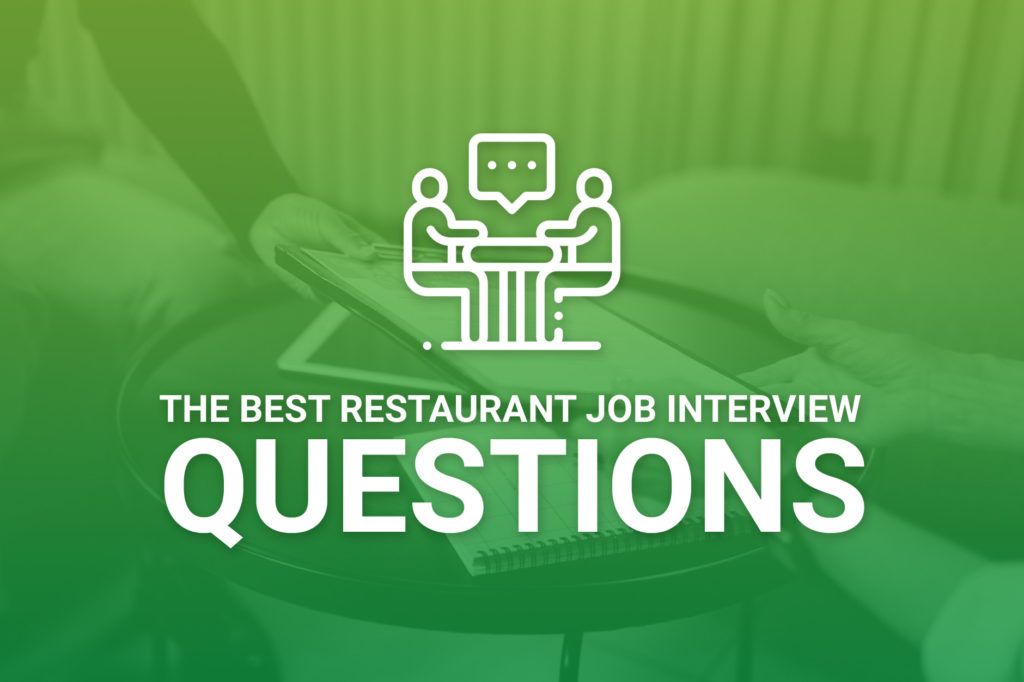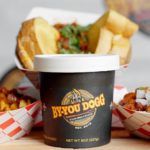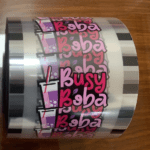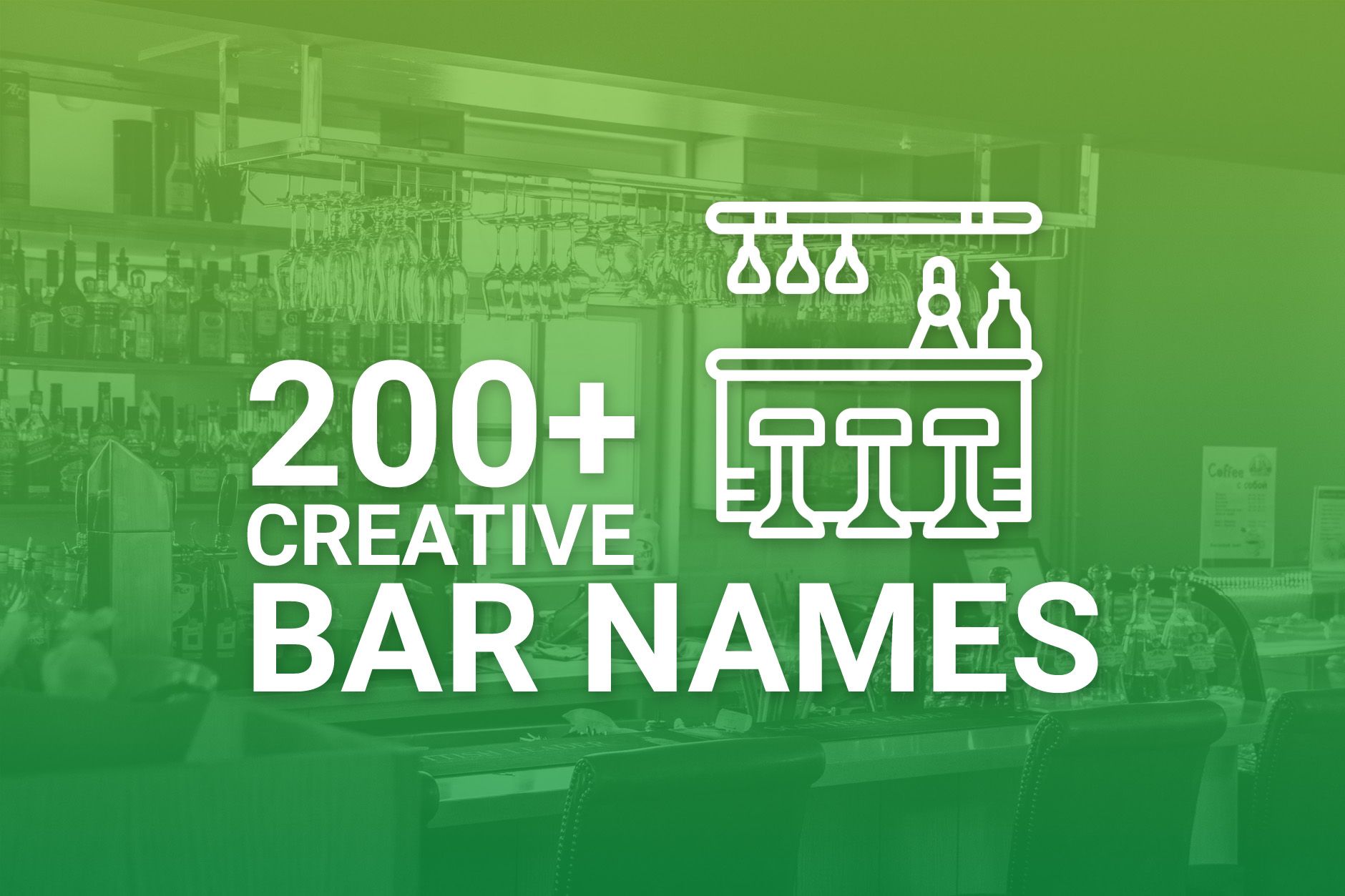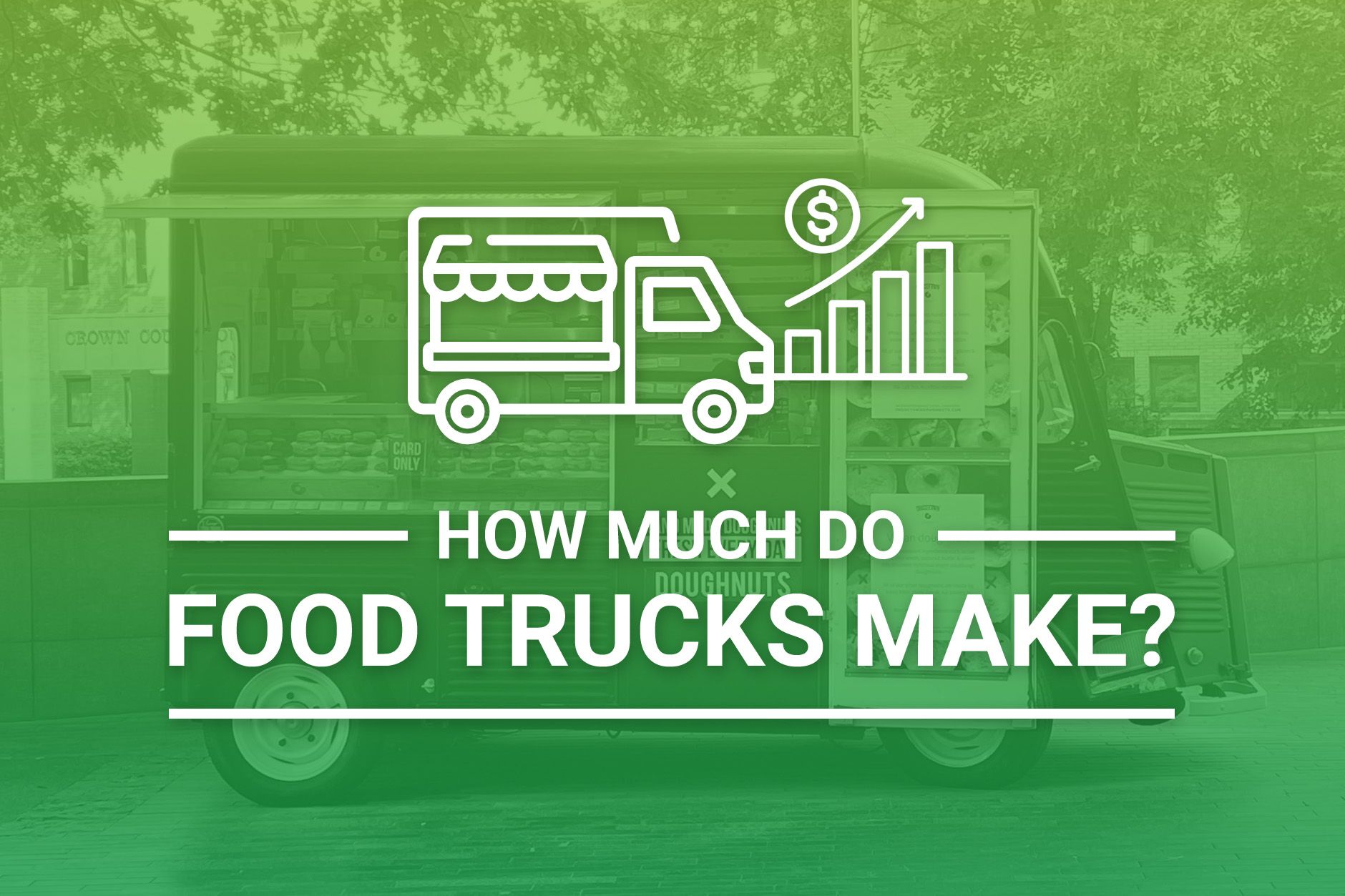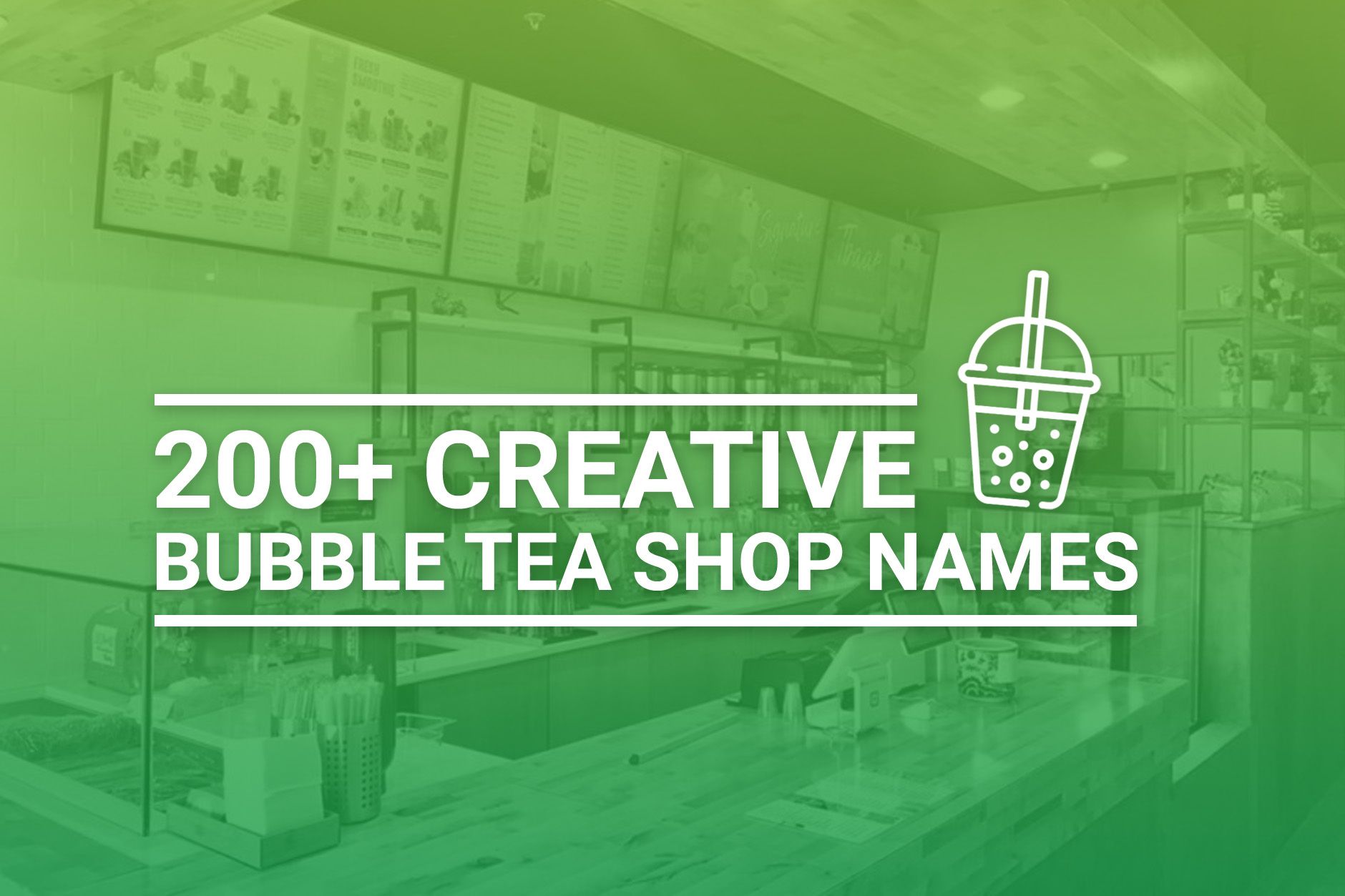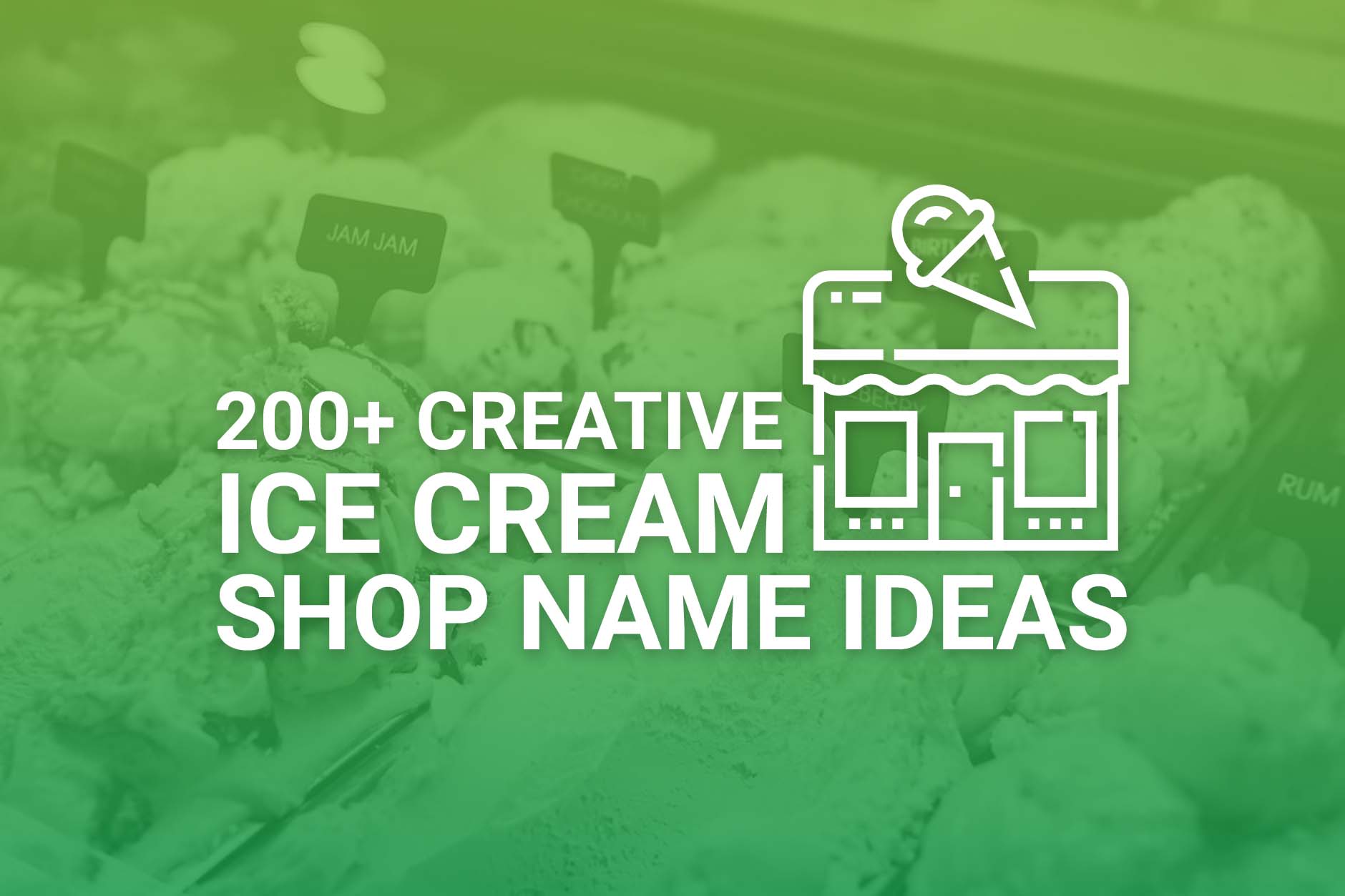When it comes to running a successful restaurant, you’ll need more than just a killer menu, amazing décor, or a cool gimmick. One of the keys to any establishment’s success is having a friendly, competent, knowledgeable staff. Of course, knowing that you need great employees is just the first step – you also have to find and hire them.
As the COVID-19 pandemic continues to affect businesses throughout the country (particularly restaurants), employers are finding themselves short-staffed more often than ever before. This makes it all the more important to hire front and back of house staff who can handle the challenges that come with this type of work. Asking the right interview questions can help you get the right people for the job.
At Budget Branders, we know that many restaurant owners are facing unprecedented challenges. We’re here to help, with a full range of custom branded disposable products, in prices and quantities that make sense for small to medium-sized businesses. Keep reading to learn more about what you should be asking in interviews – and how we can help your business thrive.
1) Tell Me about Yourself.
This question is simple, straightforward, and gives the candidate an opportunity to introduce themselves. It may give you a lot of insight into what drives them – and whether they would be a good fit for your team. For example, if they describe themselves as a people-person who loves to be in a fast-paced environment, they might be a great hire.
2) Do You Have Any Experience Working in the Restaurant Industry?
The reason for this question is fairly obvious: while you expect to provide at least some training to any new hire, you may not want to have to start from scratch. Asking an interviewee about their experience gives you a good idea of exactly how much training they will need. If your restaurant needs someone who can jump right in on the first day, then you may be better off hiring someone who has worked as a server, host, busser, bartender, or cook in the past.
3) Do You Have Any Specific Experience in this Role?
Similarly, if you are hiring for a particular position (like bartender), you will want to know if the candidate has performed this work in the past. Having general hospitality industry experience is great – but it may not fit your needs at this particular moment.
4) Why Do You Want to Work at Our Restaurant?
Many restaurants are hiring (and are even offering hefty bonuses to entice workers). Onboarding new employees can be a time-consuming and expensive process. Asking a person why they want to work at your restaurant may give you some insight as to whether they will stick around for the long-term – or just need a position for a month or two before moving onto a different job.
5) Have You Eaten at Our Restaurant Before?
Along the same lines, when you are hiring someone to work at your restaurant, it’s good to know that they have actually dined there before. Perhaps they had a great meal, loved the atmosphere, or simply found your restaurant intriguing. Whatever the reason, asking this question may lead to a longer conversation about why they want to work for you.
6) How Do You Handle Difficult or Demanding Customers?
Every restaurant has its share of patrons who are hard to please. The important thing is how you respond to difficult customers. Ask this question of interviewees – and perhaps even request an example of how they dealt with demanding customers in the past – to get an idea of how they will respond when someone makes an unreasonable request, is rude, or is generally unpleasant.
7) How Do You Resolve Conflict with Co-Workers?
We all have unique personalities and working styles – and sometimes, our differences can lead to clashes. This can happen in any workplace. Ask this question if you want to know how a potential employee will deal with any issues with colleagues that may arise.
8) Do You Have Any Tricks for Remembering Orders?
While there are more options available for easy ordering than ever before (such as tabletop devices where customers input their own orders), most restaurants still rely on servers to take orders. Writing down orders is an easy way to make sure that you get it right – but lots of servers and bartenders rely on memory. If your candidate has a great trick (like a mnemonic device) to remember orders, it may be a sign that they would be a good fit.
9) What Are Your Career Goals?
The restaurant industry is known for being harsh, with long hours that are often concentrated on evenings and weekends. Asking job candidates about their career goals allows you to determine if they understand this – and are in it for the short-term or long-term. While hiring staff for a shorter period of time is great, getting an idea of where they see themselves in a year or two lets you know what to expect.
10) What Does Great Customer Service Mean to You?
We all have different ideas of what customer service means. Is it simply meeting expectations and being pleasant – or exceeding expectations whenever possible? Think about what you value when it comes to customer service – and then consider how an interviewee’s response fits into your goals.
11) What Is Your Availability?
This is one of the most important questions to ask, as even a great candidate won’t be a good hire if they aren’t available to work when you need them. Know what shifts you need to cover before you start the interview, and then make sure that the candidates can actually work during those time periods.
12) What Does Being a Team Player Mean to You?
Restaurants are at their best when everyone is working together to achieve a common goal: the host gets patrons seated in the right section, servers are friendly and input orders accurately, and cooks get meals prepared and out for service efficiently. When you bring on new staff, you want to make sure that they understand this concept. Asking this question can give you a good idea of whether they will fit in with your team.
13) How Do You Feel about Sharing Tips?
There are lots of different ways to handle tips at your restaurant, from automatic gratuities to raising wages and eliminating tips entirely. Most restaurants still follow a traditional tip model, where customers leave a tip based on service, and that money is pooled and split among employees. If you use this system, consider asking job candidates about how they feel about it to avoid any problems in the future. As a bonus, their response may give you insight into their thoughts about working as a team.
14) Can You Tell Me about a Mistake You Made on the Job and How You Handled It?
We all mess up sometimes – it’s how we handle it that matters. This question isn’t designed to eliminate people who have made mistakes – but to find out what a potential employee will do when they inevitably make an error. For example, if they put in an order incorrectly – will they get mad and refuse to admit that they made a mistake, or make it right (and make the customer happy)?
15) What Do You Think Are the Most Important Skills for This Position?
As the owner, you already have a good idea about the types of skills your perfect candidate will have. Asking them what skills they think are important is a way to see if your ideas mesh. Of course, a prospective line cook or server won’t necessarily have the same response that you will have as their boss – but their response will tell you a lot about what they think is necessary to do the job well.
16) What Kind of Work Environment Allows You to Thrive?
Restaurants are often hectic, fast-paced work environments. Most job candidates know this – and will probably answer along those lines. If they don’t, however, it may be a signal that they can’t handle the pace of your business.
17) What Are You Excited about Right Now?
This question may not seem terribly relevant, but it can reveal a lot about a job candidate. It can show whether a prospective employee has a healthy work-life balance, or any interesting or unique passions. Learning this type of information can help you make a great hiring decision.
18) Describe a Time When You Had to Deal with a Difficult Customer, Co-worker or Person. How Did You Deal with the Situation?
When dealing with hypotheticals, it can be relatively easy to talk about how you would handle a difficult situation. But when a person is asked to describe something themselves, it tells you a lot about them – and not just how they handled the issue. For example, if the job candidate uses negative language about a former coworker or demanding customer, or blames them for the issue, you may decide that they won’t be a good addition to your team.
19) How Do You Define Hospitality?
Like customer service, hospitality means different things to each person. Before including this question, think about what hospitality means to you as a restaurant owner (i.e., do you want everyone to feel welcome and leave satisfied?). The interviewee’s answer to this question will give you insight into how their version of hospitality fits with yours.
20) Why Do You Want to Work in the Restaurant Industry?
The restaurant industry is not for everyone. When you ask this question, you will get a good idea about whether this candidate is just looking for a temporary job (which may be fine for your current needs) or plans to make this a career.
21) What Are Your Strengths?
Asking this question gives the job candidate a chance to brag about themselves. Are they quick on their feet, able to remember complicated orders, or great at multitasking? Fantastic! Use this information to figure out if they’ll make a good addition to your team.
22) What Are Your Weaknesses?
This question is often derided as a silly question that leads to candidates making up answers like, “I work too hard and am too committed to my job.” If you want to skip this question entirely, feel free to do so. But if you ask the question, you might get some insight into the interviewee that will help you make better staffing decisions.
23) Do You Work Better as Part of a Team, or Independently?
Working at a restaurant sometimes feels like a group project – where success is dependent on everyone doing their fair share. It is fine to not particularly care for teamwork…but it probably doesn’t make you a good choice for an industry that relies heavily on every employee working collaboratively. Asking this question gives you an idea of how a job candidate will fit in with your team.
24) Why Are You a Good Choice for This Position?
Just like asking about what an interviewee’s strengths are, this question allows a candidate to sell themselves. Listen carefully to what they say, and think about whether their skills and experience will help your restaurant thrive.
25) What Questions Do You Have for Me?
Finally, make sure to give a job candidate the chance to ask questions about you. This allows them to get the information they need – and it also gives you a peek into their own thoughts. For example, if an interviewee asks questions about whether they’ll have to work on the weekend, you may decide that they won’t be the best option for your business.
Interviewing Tips for Employers
The questions listed above are a good place to start when you are interviewing – but should be used as a guide rather than a list to be followed strictly. Pick and choose the questions that seem right to you. As you listen to the candidate, you may get some questions answered – or an entirely different question may occur to you.
Of course, when interviewing, you will want to make sure that you don’t cross any lines. Avoid questions or small talk about subjects that are forbidden – such as disability status, religion, if they have kids, marital status, or age. Some of these issues may be relevant if you choose to hire the candidate – but they can be addressed with reasonable accommodations like time off for religious services, or a chair to sit in at the host stand.
Finally, try to not dominate the conversation. Remember: this is a chance to get to know the candidate. Ask questions, and then let the candidate respond. Don’t be so focused on getting to the next question on your list that you cut them off or fail to listen to their answers. You may even consider taking notes to help you focus on listening to them.
Expand Your Brand Reach with Custom Disposables
Staying profitable in these difficult times requires a lot of work for restaurant owners. Not only do you have to think about things like food cost and supply chain issues, you also have to hire the right employees and make sure that you have enough staff to meet customers’ needs. To make one aspect of your job slightly easier, consider ordering custom disposable products from Budget Branders.
Based in Michigan, our company offers high quality branded cups, bags, bowls, and more to customers throughout the United States. By placing your restaurant’s name and logo directly onto your packaging, you can increase brand awareness – with minimal effort. Budget Branders sells these products at prices and in quantities that work for small and medium-sized businesses so that you can take advantage of this marketing strategy at relatively low cost to you.
Ready to boost your brand reach? We’re here for you. To learn more or to get a quote on our products, fill out our online contact form, or hit the “live chat” button.
